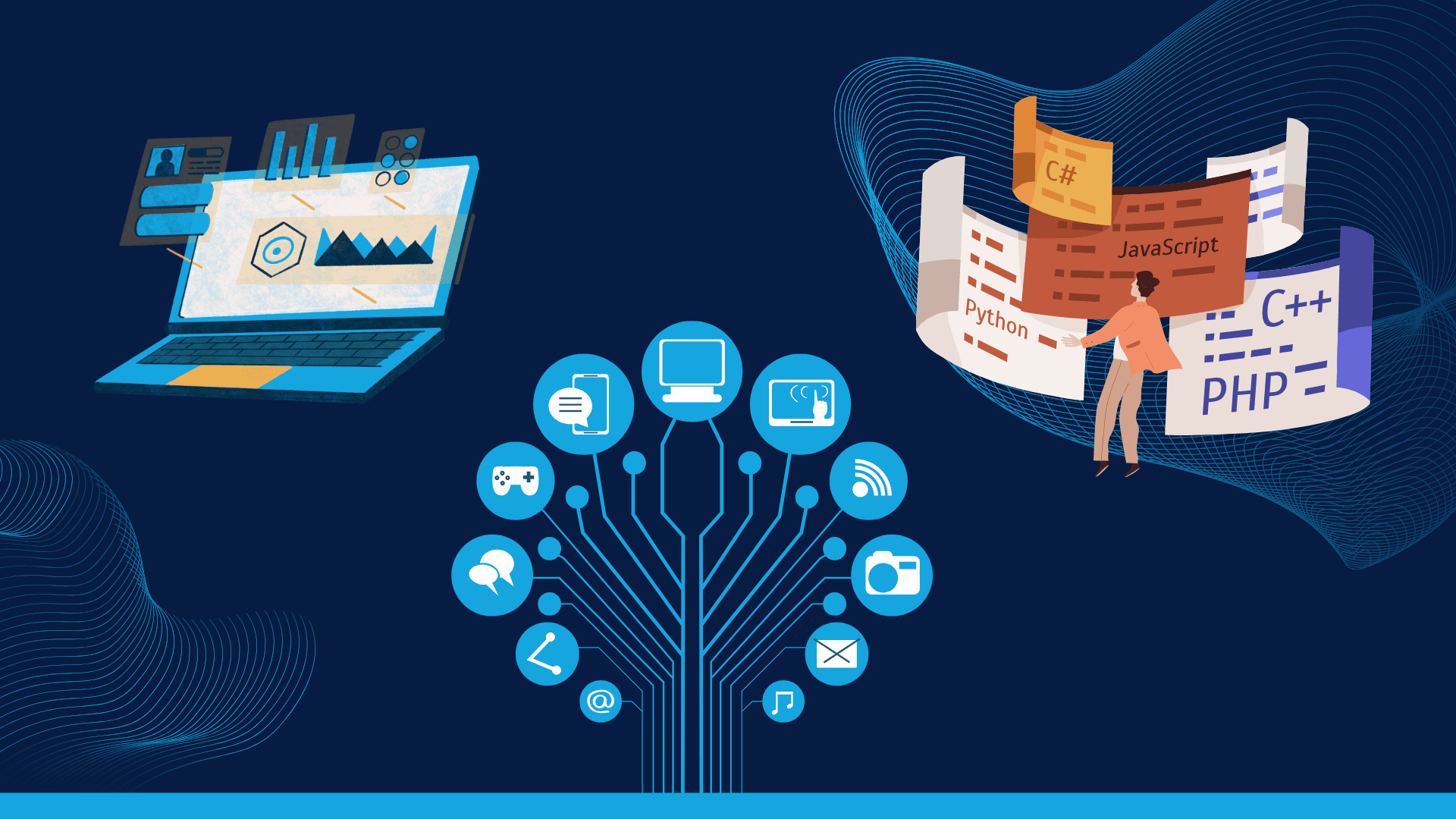
When you read about software, you might encounter the phrases “free as in speech” and “free as in beer” So what do these phrases mean? Let’s break it down.
Essentially, these phrases refer to two types of software:

The concept of “free as in beer” refers to something provided at no cost to the users. Imagine someone buying you a beer as a gift. You don’t pay for it, and there are no strings attached. This is the gratis part, meaning “free of charge.” For example, software like Adobe Flash Player or Oracle Java is free and available for anyone to use, but there are significant limitations: you can’t access the source code, you can’t modify the software, you have no freedom to distribute or submit the product or bug fixes, and no control over updates or features.
Note: Don’t confuse this with “beerware” license software, where the user will buy the developer a beer for appreciation if they are interested in the developer’s work. Beerware software allows liberties that would be categorized under “free as in speech.”
“Free as in speech” is about liberty, not price. This liberty (libre) refers to the freedoms a user has when interacting with the software.
These include four key rights:
Freedom in how to run the software: You have the right to choose the most suitable way to run the software. You can use it on a computer, a phone, or even a calculator.
Freedom to study the software’s secrets and understand how it works.
Freedom to share the software, whether by redistributing it to friends or incorporating it into your own programs.
Freedom to modify and improve the software and share your efforts with the public, to benefit others.
Users have different levels of freedom when using free software (gratis) and open-source software (libre). Gratis software is free of charge but typically proprietary, with strict limitations on the method of user interactions. On the contrary, libre software prioritizes freedom that gives users access to run, modify, share, and improve the software, which fosters greater collaboration and adaptability.
There are many open-source licenses, like GPL, beerware, and WTFPL, that offer varying degrees of user freedom while adhering to the principles of libre software. For more on these concepts, visit the Free Software Foundation website.